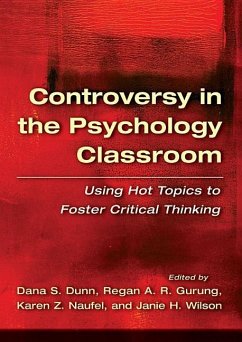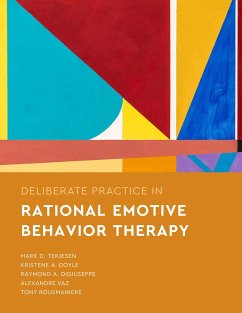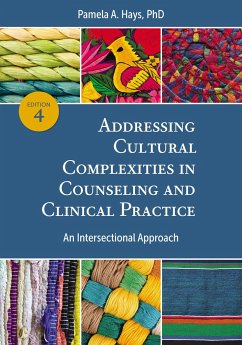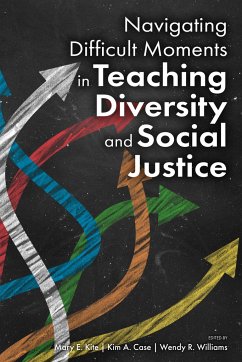
Transforming Introductory Psychology
Expert Advice on Teacher Training, Course Design, and Student Success
Herausgeber: Gurung, Regan A R; Neufeld, Garth
Versandkostenfrei!
Versandfertig in über 4 Wochen
59,99 €
inkl. MwSt.

PAYBACK Punkte
30 °P sammeln!
This book presents recommendations for teaching the introductory psychology course, developed by the Introductory Psychology Initiative (IPI) task force appointed by APA’s Board of Educational Affairs (BEA). Case studies illustrate the application of recommendations to learning goals and outcomes, course design, teacher training, and student transformation.












